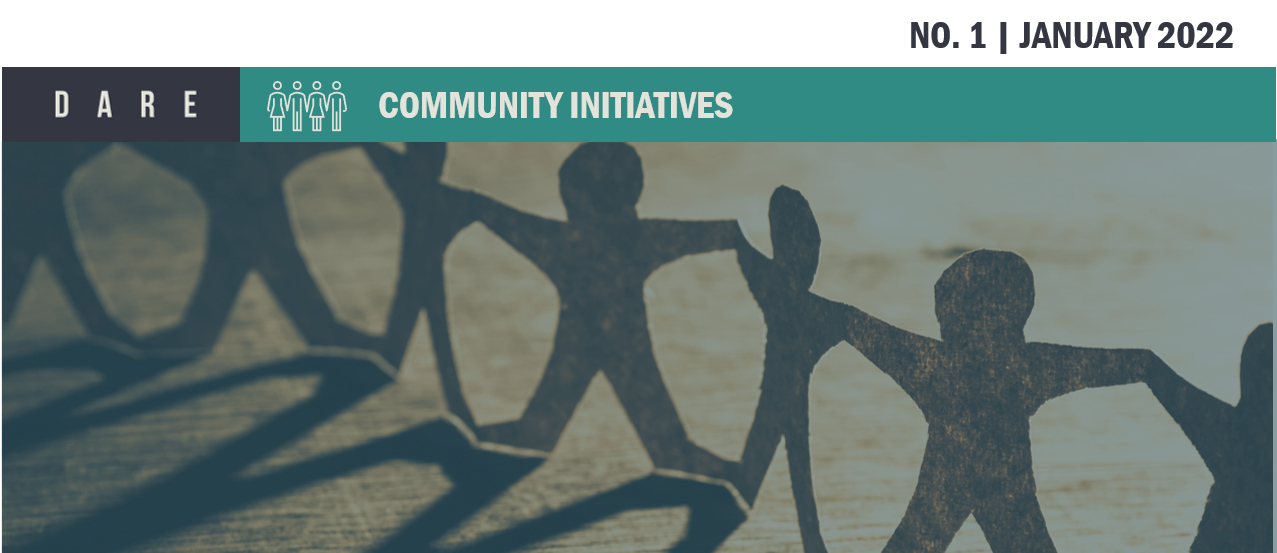Important: The GCConnex decommission will not affect GCCollab or GCWiki. Thank you and happy collaborating!
Difference between revisions of "CNOLC-newsletter-no1/initiatives"
Anik.sauve (talk | contribs) |
Anik.sauve (talk | contribs) |
||
| Line 89: | Line 89: | ||
<span style="font-size:16px"><span style="font-family:Georgia,serif">Natural Resources Canada’s Atlantic Forestry Centre in New Brunswick participated in a series of events focused on the community, namely the River Valley annual regional science exhibition, which brings together Francophone and Anglophone high school and college students to participate in a science project competition. French immersion student projects were also presented at that event. This made it possible to promote both official languages and to introduce the two linguistic groups to each other. | <span style="font-size:16px"><span style="font-family:Georgia,serif">Natural Resources Canada’s Atlantic Forestry Centre in New Brunswick participated in a series of events focused on the community, namely the River Valley annual regional science exhibition, which brings together Francophone and Anglophone high school and college students to participate in a science project competition. French immersion student projects were also presented at that event. This made it possible to promote both official languages and to introduce the two linguistic groups to each other. | ||
| + | <br> | ||
<br> | <br> | ||
Revision as of 10:51, 11 January 2022
COMMUNITY INITIATIVES AT A GLANCE
This vignette, prepared in partnership with Canadian Heritage, provides you with a brief presentation of a few initiatives carried out in official language minority communities across the country. Various themes will be introduced in each issue of the Newsletter. In this one, we are featuring initiatives intended for minority youth.
The Nature on Tour program of the Canadian Museum of Nature offers travelling exhibitions that provide OLMCs from all across Canada with access to exhibitions and educational experiences. These exhibitions cover a variety of subjects on the theme of nature, in both official languages. They are designed in close collaboration with community schools and organizations in order to enhance and increase community cultural experiences. This serves to educate and inspire Canadians, including the OLMCs, on the history and exploration of nature.
The collaboration between the Science and Technology Museum of Canada and the Conseil des écoles catholiques du Centre-Est made it possible to offer a summer science camp to Francophone youth in the Kingston region by providing content exclusively in French. The Museum also signed a multi-year agreement with the Ontario Public School Board aimed at supporting students’ academic success, offering them experiences outside the classroom, and establishing a service offer that meets the needs of Francophone school clienteles by contributing to students’ academic experience while valuing the use of the minority language.
The Canadian Museum of Immigration at Pier 21, located in Halifax, was an exhibitor at a career fair organized by the Canadian Parents for French organization. Thanks to this activity, the institution had an opportunity to promote bilingual positions for high school students.
Natural Resources Canada’s Atlantic Forestry Centre in New Brunswick participated in a series of events focused on the community, namely the River Valley annual regional science exhibition, which brings together Francophone and Anglophone high school and college students to participate in a science project competition. French immersion student projects were also presented at that event. This made it possible to promote both official languages and to introduce the two linguistic groups to each other.
CBC Radio-Canada and Canadian Heritage created a partnership with the Youth 4 Youth Québec group in order to guide the production of the Say La Vie podcast, designed to present the experiences, diversity and culture of Quebec Anglophone youth.




